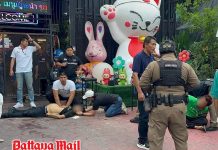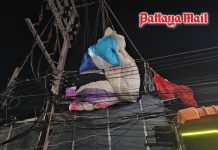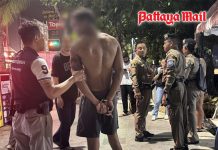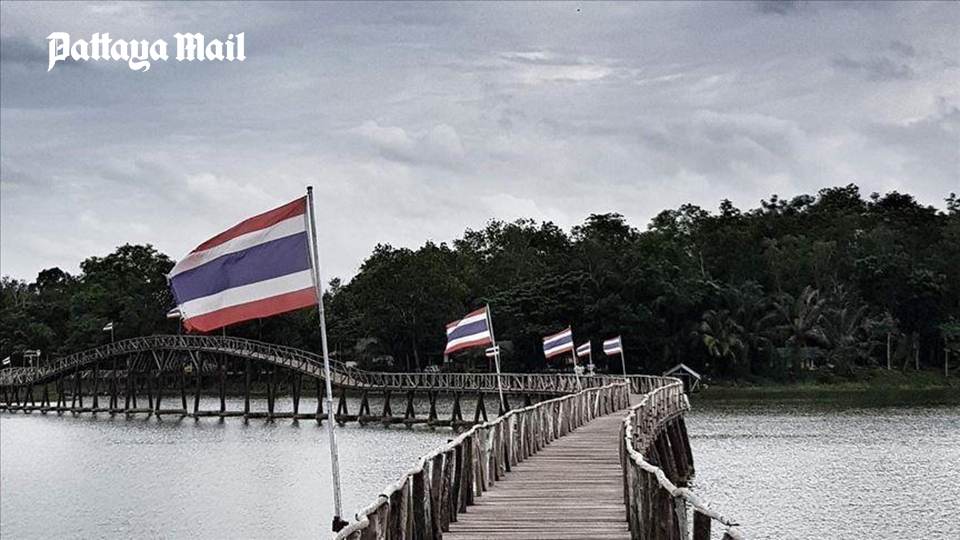
The instructions from the provincial governor’s office and the national Centre for Covid19 Situation Administration are coming fast and furious. Here are the latest requirements as they apply in “red zones” with high infection numbers which include the whole of Chonburi, Pattaya and (separately) Rayong. Other affected provinces are Trat, Samut Sakhon and Chanthaburi.
Travel within your province
This is not forbidden. There is currently no suggestion to establish mandatory road blocks to check all people who wish to travel, say, between Pattaya City and Banglamung or the “Dark Side”. This is in contrast to restrictions in force last spring which initially created traffic chaos well-remembered by those who were here. However, there will be checkpoints operating at rush hours on Sukhumvit Road in front of Banglamung police station and near the Bira International Circuit. They will check only a minority of vehicles, especially minivans and lorries, and require occupants to take a temperature test, receive a hand sanitizer splash and state why they are travelling within the province. Foreigners are advised to carry their original passport and proof of a Chonburi address. Feedback to date from these checkpoints is that they are fairly prompt and non-invasive.
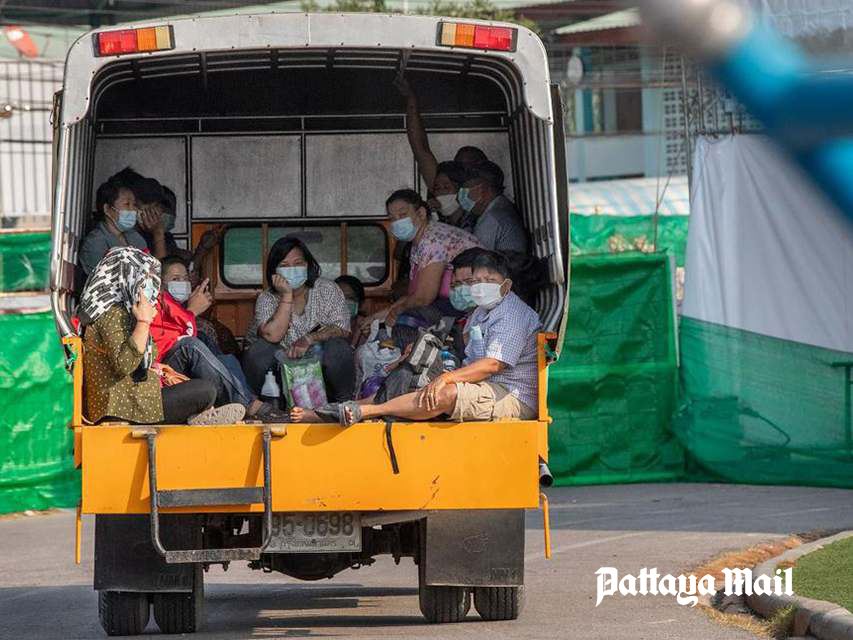
Travel outside your province
Everyone needs a travel-pass or certificate issued by the district office in your locality. The main one in Greater Pattaya is the Banglamung venue, located next to the police station on Sukhumvit Road. The all-important document will be given only to those who can prove that their journey in and out of a high control zone is an essential one. Most of the attention so far has been concentrated on Thai citizens, some of whom work outside their provincial home. To date, no English translation of the forms seems to be available. The main reasons why foreigners might have an essential reason to leave the province would be a medical or embassy rendezvous in which case they should take the appointment letter, original passport and proof of address to the district office. If they are working officially they should produce their work permit and a letter from the employer requesting their attendance. It’s best also to have a copy of all documents. Many foreigners are asking whether they really need a pass from the district office if they have all the other documents when travelling. This has not been clarified. Reports so far from the compulsory-stop road blocks on motorways and other roads suggest it’s risky not to have the authorized pass.
Compulsory tracing app
In “red zones” it is necessary to have installed on your mobile phone the Mor Chana GPS tracing app only if you need to travel outside the province. This is to enable health workers to track movements and places visited. Mor Chana is more sophisticated and useful to the authorities than its predecessor Thai Chana. But it is not compulsory to have any app if you are travelling within the province or just visiting a local mall or supermarket. Whilst the government recommends using an app, there is currently no plan to withdraw the facility of adding your name and phone number to a manual list provided by most stores.
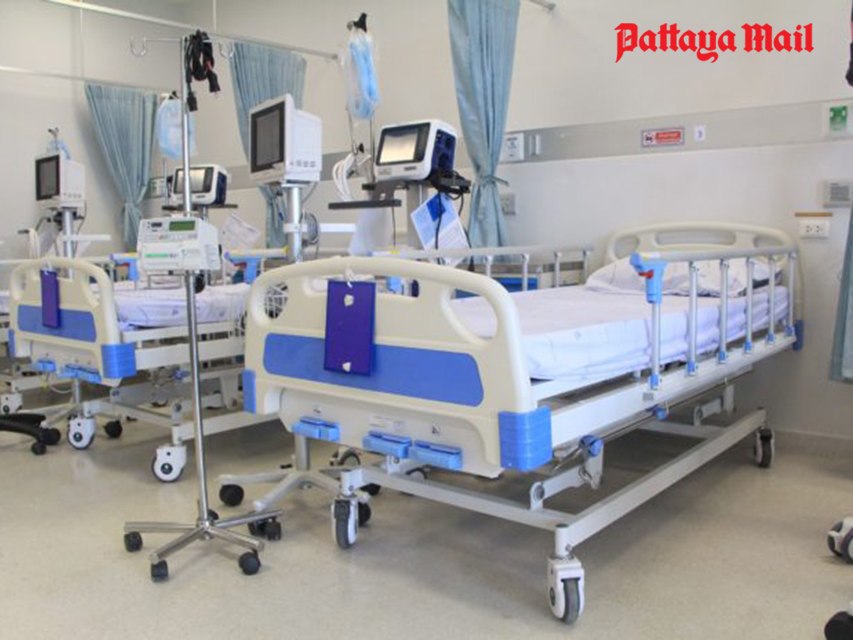
Foreigners and testing for Covid-19
Thailand does not provide free medical treatment for foreigner illnesses. All entrants to Thailand currently need Covid-19 insurance as part of the documentary requirements when applying for a certificate of entry at Thai embassies. Foreigners already here may be covered, for example work permit holders and those who have private policies. The rest, for example uninsured expats on one year extensions, are vulnerable. They can be tested at most hospitals for the virus and must pay for the service and any subsequent treatment. Because the virus is contagious, foreigners testing positive will not be released back into the community. Those without cash or valid insurance will likely be detained at a public hospital as long as the infection persists but cannot expect full services such as intensive care, if needed. It is not currently known about the position of foreigners once the authorized vaccine starts to be distributed in Thailand starting next month. The Ministry of Health says an announcement will be made in due course. Never try to hurry the Orient.



